Isaac Brock’s Views on AI Revolutionizing Music Production
Isaac Brock’s Journey: From ‘Float On’ to AI’s Potential in Music
Isaac Brock, the enigmatic frontman of Modest Mouse, recently offered a candid glimpse into the band’s history, the creation of their seminal album Good News for People Who Love Bad News, and his thoughts on the future of music in the age of Artificial Intelligence. In a refreshingly frank discussion on the Rolling Stone Music Now podcast, Brock touched upon the personal triumphs and tribulations that flavored the production of an album that has, astonishingly, reached its 20th anniversary.
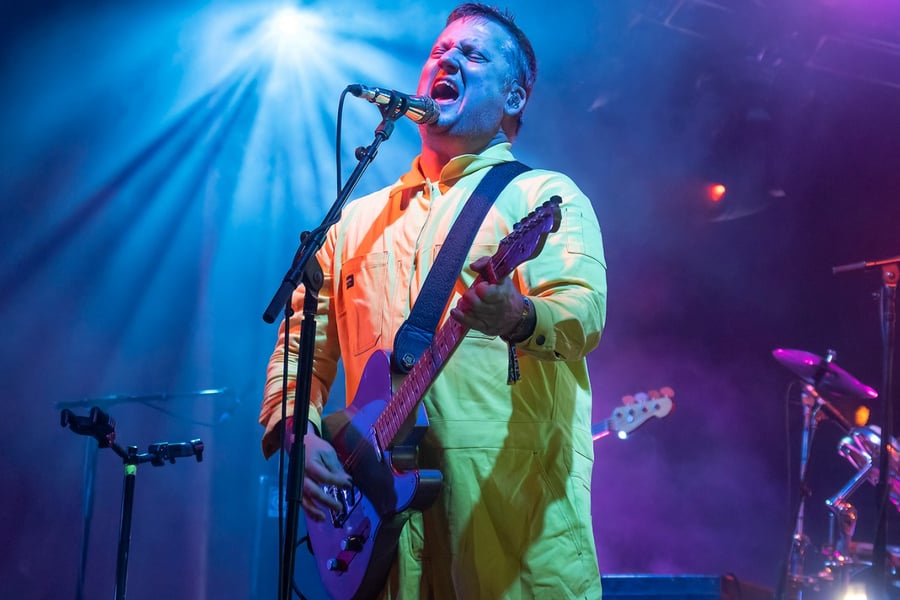
Modest Mouse’s journey from the brink of being dropped by Epic Records to creating a major-label breakthrough highlights the unpredictable nature of the music industry. Brock’s recounting of this period is infused with a raw honesty, particularly when discussing the interpersonal challenges and creative blocks the band faced.
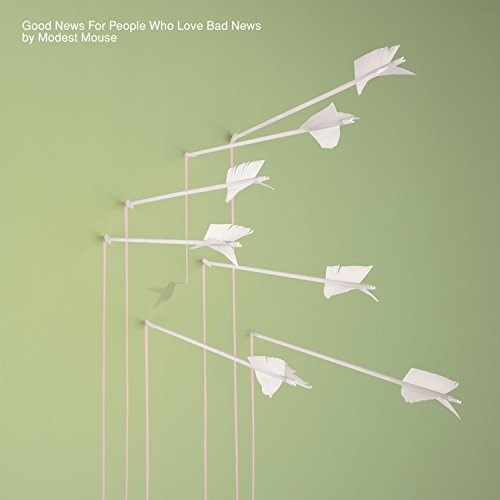
Revolutionizing Music With AI
As someone deeply entrenched in the technology and AI sector, through my work at DBGM Consulting, Inc., I can’t help but draw parallels between Brock’s creative process and the potential AI holds for the music industry. Modest Mouse’s approach, under Brock’s direction, often involved innovative yet unconventional methods, such as building a studio without consulting traditional guidelines or navigating through personal and collective crises to create music that resonates with a broad audience.
AI technology has the potential to revolutionize areas from composition to production and even performance in the music industry. Just as Brock envisions unleashing AI to explore new realms of existence, I see AI tools offering musicians unprecedented opportunities to explore creativity. This can range from AI-driven music composition tools that can generate unique background music to sophisticated algorithms that can enhance sound quality or even predict musical trends.
Integrating AI With Creative Processes
The trajectory of Modest Mouse’s album and the incorporation of AI in music share a thematic core: the willingness to embrace change and explore uncharted territories. In the context of previous articles discussed on my blog, such as “Revolutionizing Mental Health Care with Machine Learning Technologies,” AI’s potential to transform sectors by personalizing and enhancing user experience applies equally to the music industry.
AI can serve as a catalyst for artists, enabling them to unlock new levels of creativity while also handling the more tedious aspects of music production. This balance allows artists to focus on the essence of their craft—much like Brock’s iterative process of creation, refinement, and overcoming adversity.
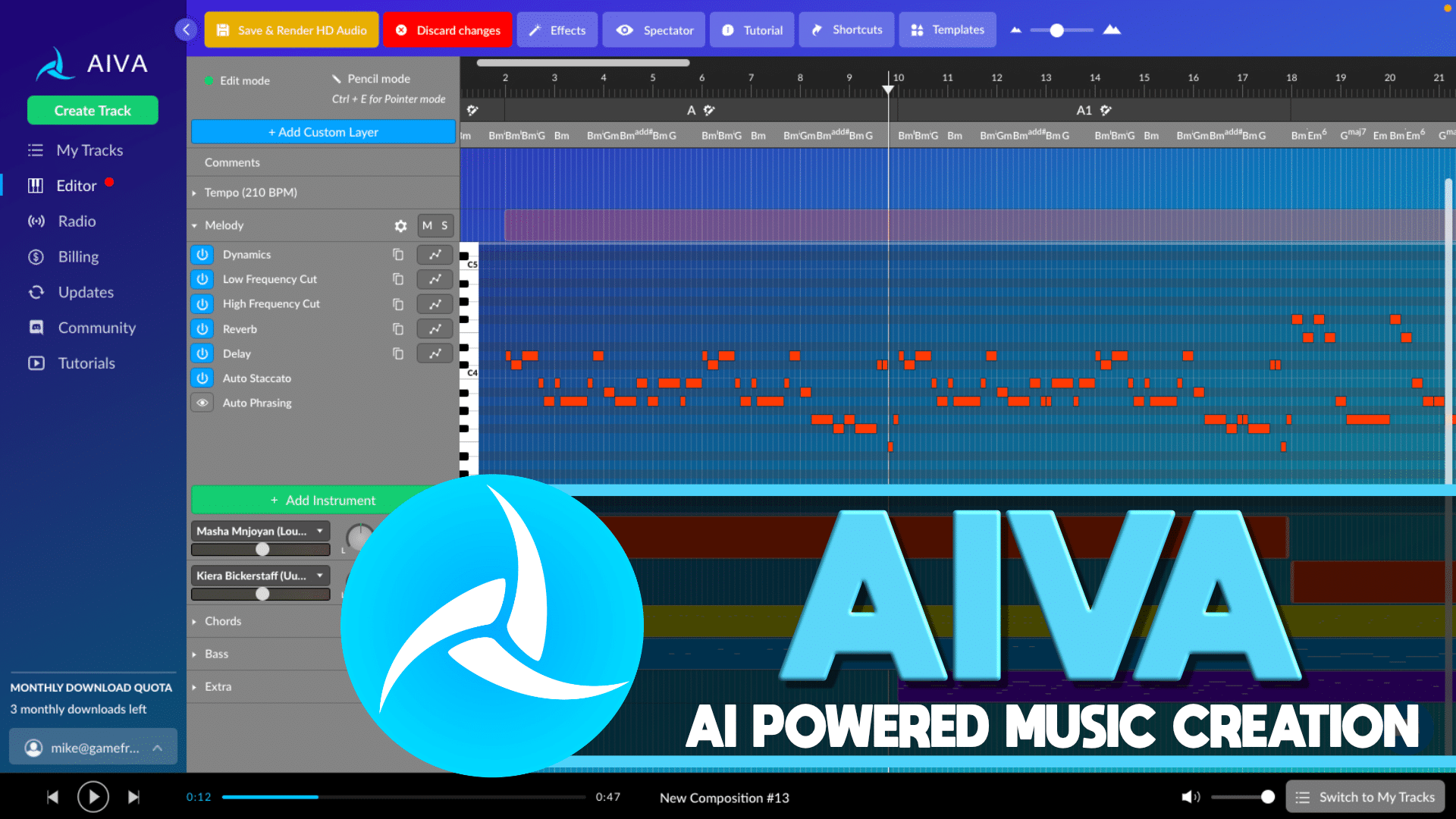
From Personal Struggles to AI’s Potential
Brock’s personal narrative, especially his reflections on substance use and the death of close friends, underscores the profound impact of life experiences on creative output. The development of AI technologies capable of understanding and processing human emotions could introduce personalized music therapy applications, aiding in mental health care—a topic also explored within AI’s impact across various sectors on my blog.
Embracing the AI-Enhanced Future of Music
Isaac Brock’s insights, particularly on the intertwining of emotional authenticity and technological intervention in music, illustrate a broader implication for AI’s role in creative industries. Utilizing AI in music is not about replacing human creativity but enhancing and extending it. As we stand on the brink of a new era where technology and creativity converge, artists and technologists alike must navigate this landscape with openness and ethical consideration.
AI’s integration into music, as in other fields, promises a fusion of technical innovation with human emotion, potentially leading to unprecedented forms of expression and understanding. By learning from pioneers like Brock, who have consistently pushed the boundaries of what’s possible, we can approach the future of music with both excitement and a measure of caution, ensuring that technology serves to amplify rather than overshadow the human elements that lie at the heart of all creative endeavors.
As Isaac Brock and Modest Mouse have demonstrated, the path to breakthroughs—whether in music or technology—is often fraught with challenges. Yet, it’s through these very challenges that we find opportunities for growth and transformation. The intersection of AI and music holds vast potential, and I am eager to see how this synergy will unfold, shaping the soundtrack of our future.
Focus Keyphrase: AI in Music
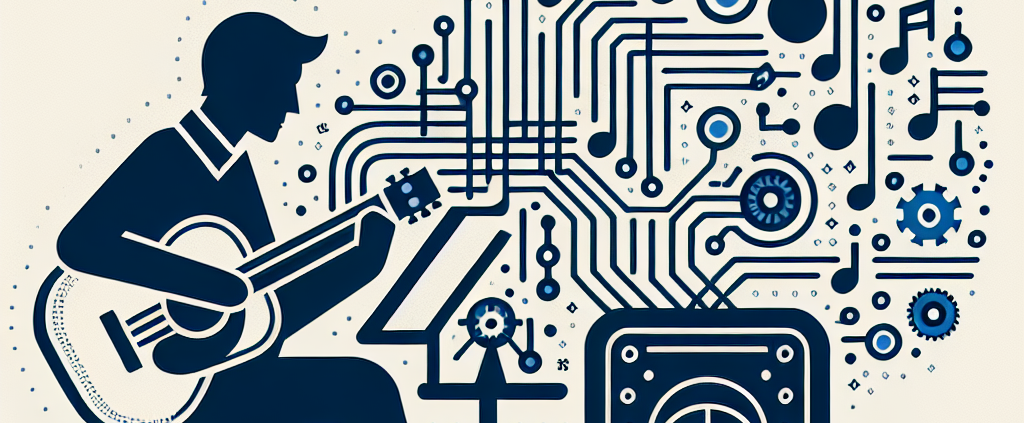
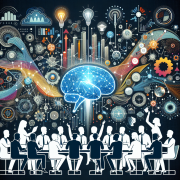

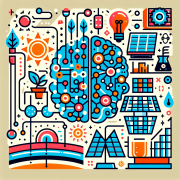

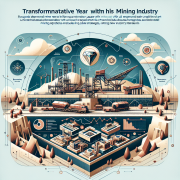
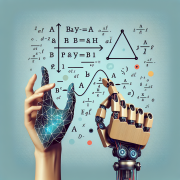


I’m always a bit wary when talk turns to AI taking over more aspects of our lives, especially something as personal and emotion-driven as music. However, reading about Isaac Brock’s take on it does put some of my fears to rest. If AI can truly enhance the artistic process without stifling individual creativity, it might not be such a bad path forward. I’m curious but cautious, much like my feelings towards emerging tech in any field I guess. Also, as a side note, it’s refreshing to see artists like Brock looking towards the future without losing sight of the human element that makes music so powerful to begin with.
I was truly fascinated by Isaac Brock’s perspective on AI in music during the Rolling Stone Music Now podcast. As someone passionate about the crossroads of technology and creativity, I wanted to explore how AI might not just influence but revolutionize music production. The potential for technology to enhance the creative process is immense, and Brock’s journey with Modest Mouse offers a unique lens through which to view this emerging future. I hope my readers find this topic as intriguing as I do and encourage a broader conversation on how we can integrate AI into artistic practices responsibly.